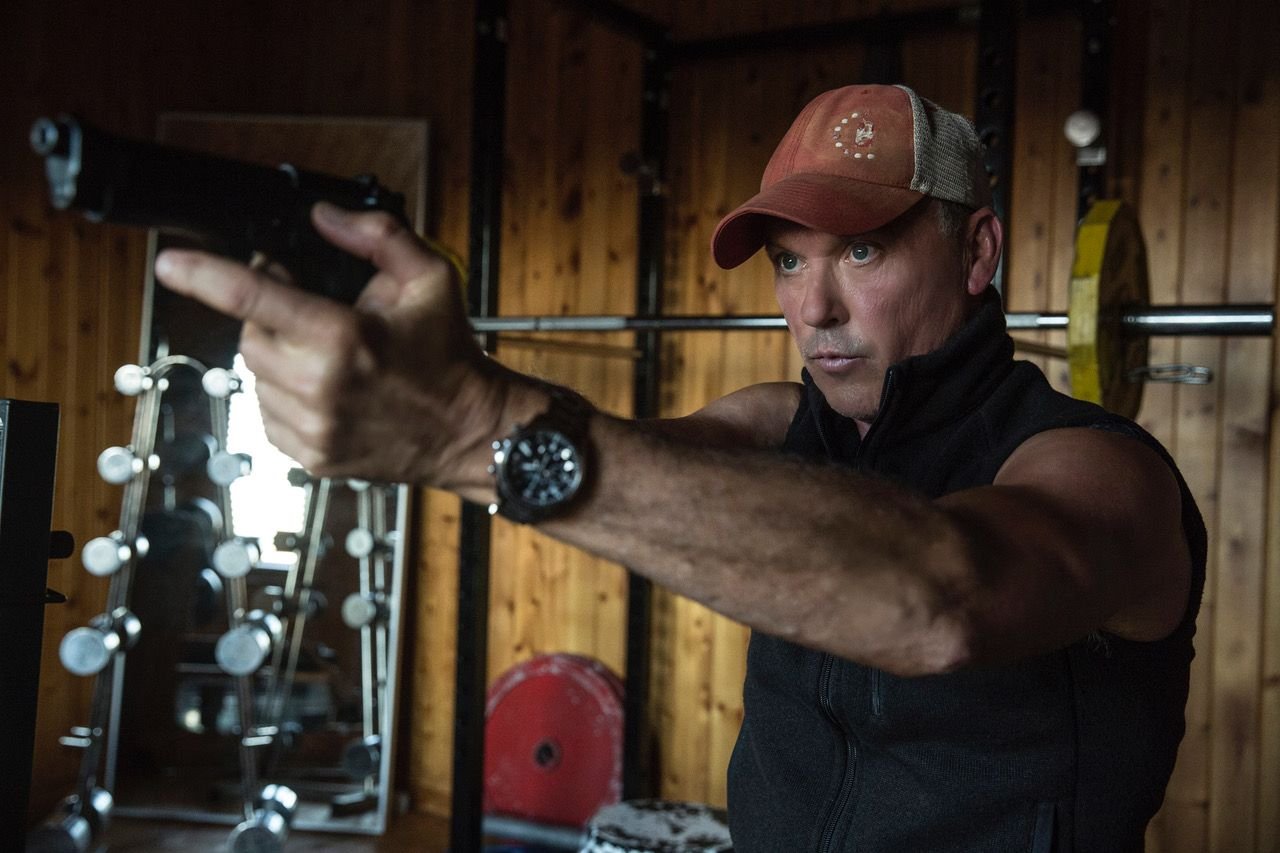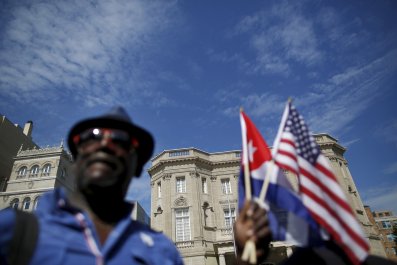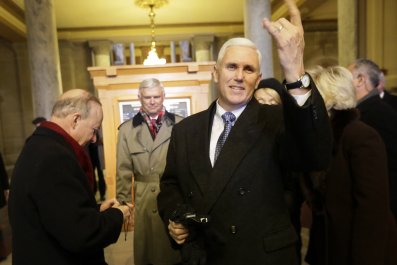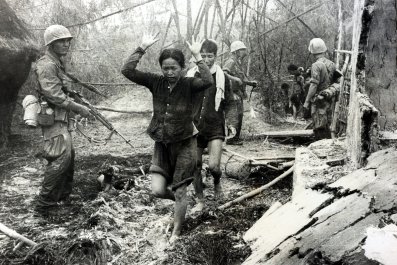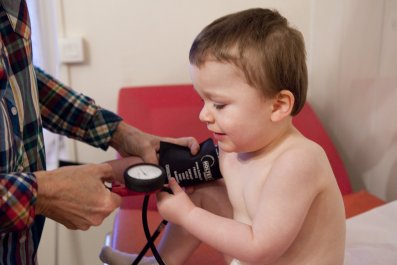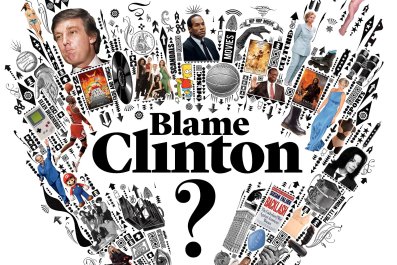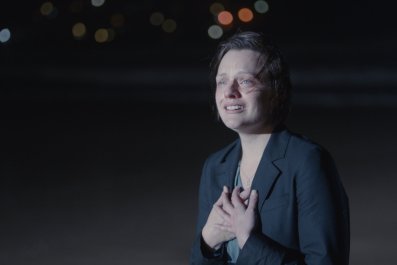Coming to a theater near you: the films American Made, American Assassin and Steve McQueen: American Icon. On TV, you can look forward to the shows American Horror Story: Cult, American Housewife and American Vandal. And that's just September.
In 2016, we got, among others, American Gods, American Playboy, American Crime (not to be confused with The People v. O.J. Simpson: American Crime Story), American Anarchist, American Honey, American Grit, American Epic and American Satan.
"There do seem to be a lot of these things," says actor Michael Keaton, the co-star of American Assassin (opening on September 15). "You think, Hey, maybe we should be careful with how we throw that word around. Come to think of it," he adds, "I was just sent another script that I'm not going to do that has the word American in the title."
Theodore Dreiser has the distinction, perhaps dubious, of inaugurating the trend in pop culture with his 1925 novel An American Tragedy—a book that also popularized the links between sex and violence and made in the USA. American Pastoral, American Psycho, American Gigolo, American Beauty and American Pie (to name a few) followed, all enormously successful as books and films. Did those commercial wins have anything to do with the setting? And might not the word be a liability today, when the meaning of America is so hotly disputed?
Quite the opposite, says A.S. Hamrah, a semiotician and a film critic for n+1. "Hollywood loves things that appeal to both the left and the right equally. By adding the adjective American, you can appeal to the right by making it seem nativist and jingoistic and uniquely important. And to the left, you can make it seem ominous, heavy, dark and potentially evil. Its ability to be deployed as an empty signifier is what makes it appealing."
For screenwriter and director Max Landis—who has written three entertainment properties with American in their titles (including the upcoming remake of his father John's An American Werewolf in London)—a titular association with the home of the brave serves to soothe and familiarize potentially disquieting subjects. "American is almost like a spice or a salt that you put on a scary word," he says. "A sniper? He feels dangerous and foreign. But American Sniper? He brings it home. Or American Alien: It's an inherent contradiction. It makes you say, 'What's that?'"
Based on the lists of impending American titles unspooling into eternity on IMDb, we have yet to reach saturation. "I think the tipping point will be when people start making fun of it," says Tony Yacenda, who is taking a stab at that as co-creator of the eight-episode true-crime spoof American Vandal (debuting on Netflix September 15). "Evolution comes with satire and parody."



